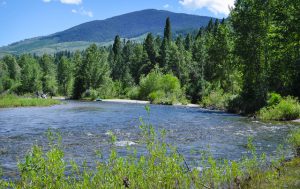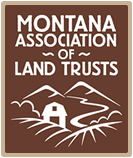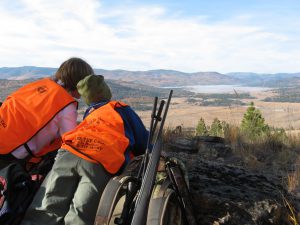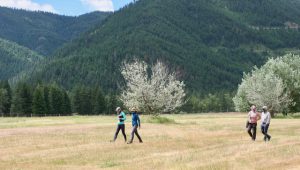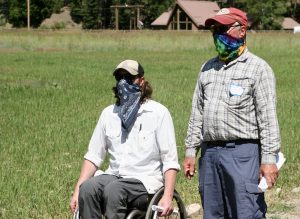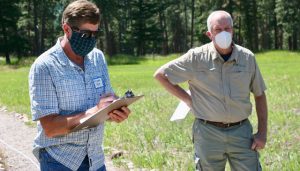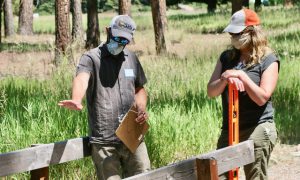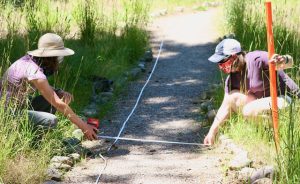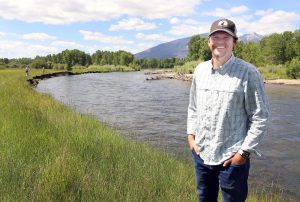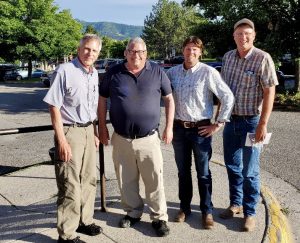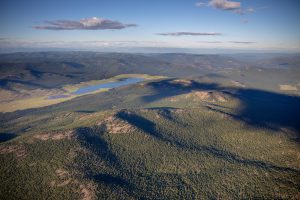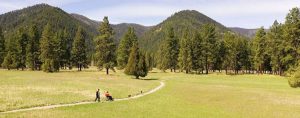The Montana Board of Land Commissioners unanimously approved three Montana Fish, Wildlife & Parks land acquisition and recreation access projects on July 20, with each project having a land trust partner and each project enjoying broad and local public support.
The Rocky Mountain Elk Foundation was a partner – and at the land board meeting RMEF’s Mike Mueller testified in support of the project – on FWP’s proposed 600-acre Stumptown addition to the Garrity Mountain Wildlife Management Area, which expanded access and improved wildlife habitat conservation at the WMA. RMEF contributed $100,000 to the project.
The Conservation Fund’s Gates Watson testified in support of the proposed Confluentus Corner Fishing Access Site on the Thompson River near Thompson Falls. The new 40-acre FAS creates a walk-in fishing access opportunity four miles from Thompson Falls. At the request of Montana FWP, and with support from Avista, Northwestern Energy and Trout Unlimited, The Conservation Fund acquired the property last year. TCF held and managed the property with the objective of transferring it to FWP for long term stewardship and ownership.
Bitter Root Land Trust helped lead the 97-acre C. Ben White Memorial Fishing Access Site project on the West Fork of the Bitterroot River. The expanded FAS will permanently create access to the river for fishing and boating, and also allows camping, protects wildlife habitat, and will help expand additional access into the Bitterroot National Forest. Bitter Root Land Trust’s Gavin Ricklefs testified in support of the project, and BRLT has essentially served as project manager on the $1.1 million project.
All three projects were approved by the land board members on 5-0 votes, and MALT thanks Governor Bullock, Attorney General Fox, Auditor Rosendale, Superintendent Arntzen and Secretary Stapleton for their support of these projects.
Photo: C. Ben White Fishing Access Site
